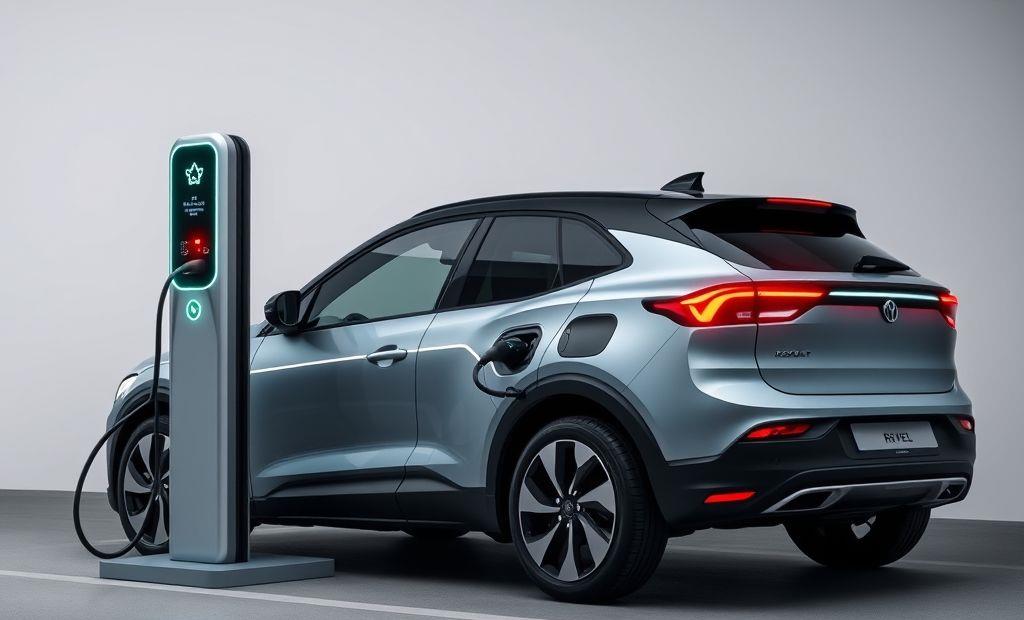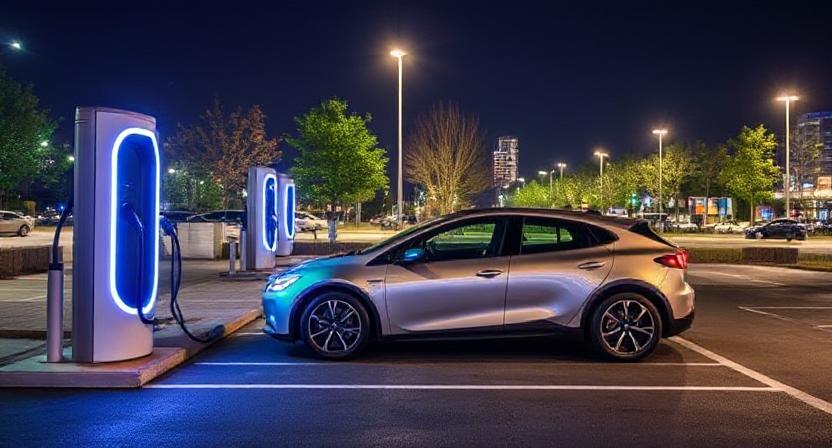Revel Shuts Down Ride-Hail to Focus on EV

Revel Shifts Gears: Ride-Hailing Ends, EV Charging Takes the Wheel Founded in 2018 Revel initially gained attention with electric scooter rentals. Later it introduced an...
⏱️ Estimated reading time: 3 min
Latest News
Revel Shifts Gears: Ride-Hailing Ends, EV Charging Takes the Wheel
Founded in 2018 Revel initially gained attention with electric scooter rentals. Later it introduced an all-electric ride-hailing fleet featuring Tesla Model Ys. However the company faced challenges competing with Uber and Lyft. This led to its exit from the ride-hailing market. Revel CEO Frank Reig described rideshare as asset-heavy and low margin. He emphasized the company’s new commitment to building fast-charging hubs in major cities.Wikipedia
Expansion of Charging Infrastructure
Revel currently operates 100 fast-charging stations across New York City and San Francisco with plans to expand to 2,000 stations nationwide by 2030 . The company aims to alleviate one of the significant barriers to EV adoption charging accessibility-by focusing on urban charging solutions. Revel’s collaboration with Uber to guarantee access to its charging stations for drivers further integrates its services into the EV ecosystem .
Supporting the EV Ecosystem
By focusing on EV charging infrastructure Revel aims to contribute to the broader transition to sustainable transportation. Consequently it supports the electrification of rideshare services. Moreover the company’s efforts align with the growing demand for accessible and efficient charging solutions particularly in urban areas where EV adoption is accelerating.
Why the Change? Focusing on Core Strengths
The ride-hailing market is competitive and capital-intensive. Revel likely assessed that its resources could generate greater returns by focusing on the burgeoning EV charging sector. With increasing EV sales and a pressing need for convenient and reliable charging stations, Revel sees a clear opportunity to establish itself as a leader in this space.
By exiting the ride-hailing business Revel can allocate capital and personnel to building and operating its charging network. This strategic realignment allows for streamlined operations and better capital allocation. Revel’s experience in managing an electric fleet provides them with insights into the unique demands of EV charging giving them a competitive edge.

EV Charging: The Future for Revel
Revel’s commitment to EV charging reflects a broader trend in the transportation industry. As governments and consumers embrace electric vehicles, the demand for charging infrastructure will continue to rise. Companies that can provide efficient accessible and reliable charging solutions will be well-positioned for success. Revel’s pivot to EV charging appears to be a move toward a more sustainable and profitable future.
The company has plans to significantly expand its charging network across key metropolitan areas. The expansion will include both fast-charging stations and slower overnight charging options. This will cater to a diverse range of EV drivers and their charging needs.
Impact on Riders and Drivers
The shutdown of Revel’s ride-hailing service will impact both riders and drivers. Riders will need to find alternative transportation options, while drivers will face job displacement. Revel may offer some form of assistance or transition support for its drivers, but the exact details remain to be seen.
While the end of Revel’s ride-hailing service is a loss for some, the company’s focus on EV charging could ultimately benefit a larger audience. By expanding charging infrastructure, Revel is contributing to the growth of the electric vehicle market and supporting a more sustainable transportation ecosystem.
Related Posts
Bluesky Enhances Moderation for Transparency, Better Tracking
Bluesky Updates Moderation Policies for Enhanced Transparency Bluesky, the decentralized social network aiming to compete...
December 11, 2025

Google Maps: Gemini Tips, EV Charger Predictions & More!
Google Maps Gets Smarter: Gemini Tips & EV Updates Google Maps is enhancing user experience...
December 9, 2025

US, UK, Australia Sanction Russian Web Host
Crackdown on Russian ‘Bulletproof’ Web Host The United States, United Kingdom, and Australia have jointly...
December 6, 2025











Leave a Reply